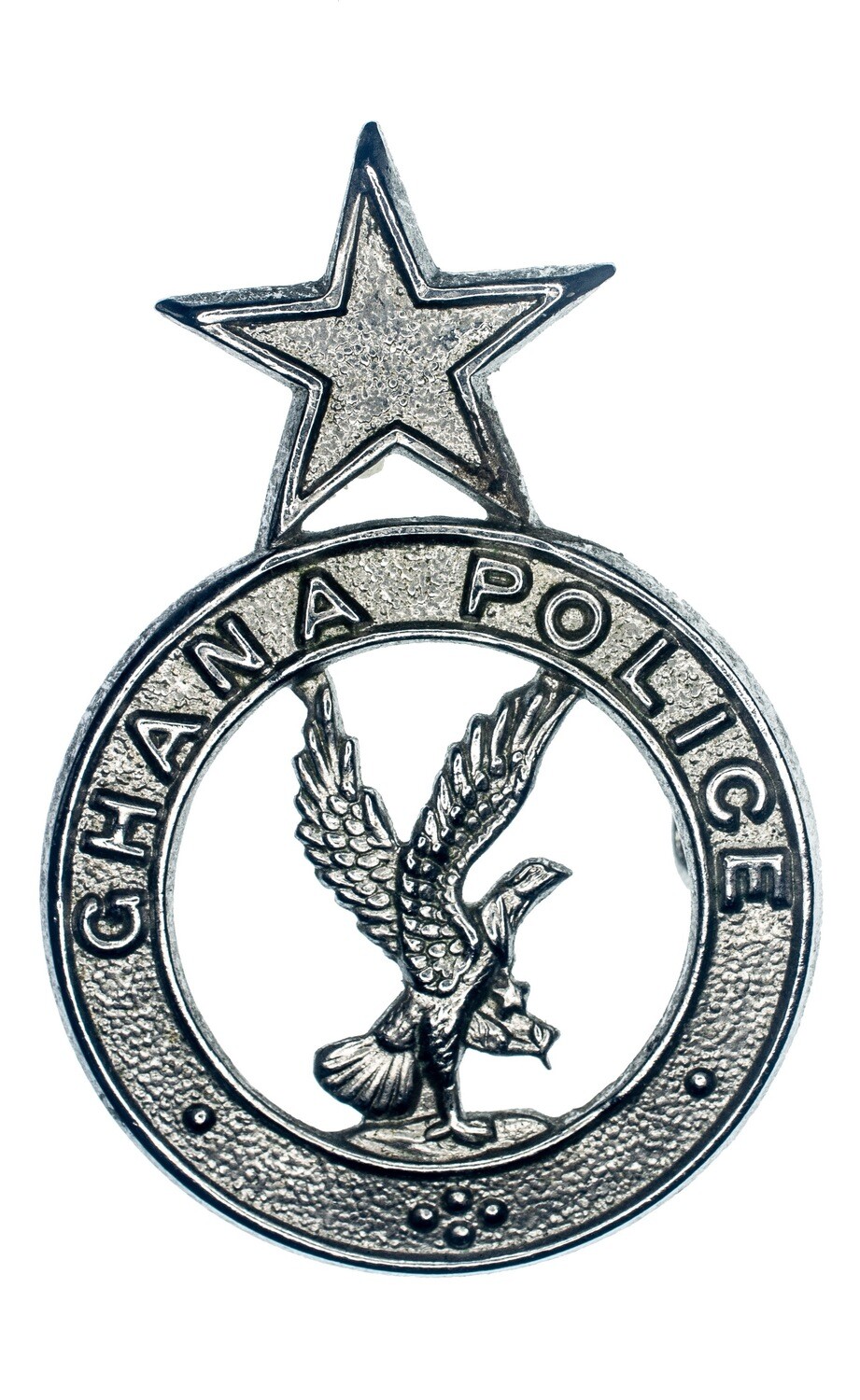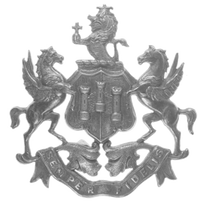Ghana Police Cap Badge
$19.95
In stock: 1 available
Product Details
Ghana Police
Come Cap Badge
Force History: The Ghana Police Service (GPS) is the main law enforcement agency of Ghana. The service is under the control of the Ghanaian Ministry of the Interior, and employs over 30,000 officers across its 651 stations.
Professional policing was introduced by the British Colonial Authorities to the Gold Coast now the Republic of Ghana in 1821. Prior to that, policing or maintenance of law and order was organized by the traditional authorities such as the local headsmen and chiefs, who employed unpaid messengers to carry out the executive and judicial functions in their respective communities. In 1894, the Institution of Police was formalized with the passing of the Police Ordinance which gave legal authority for the formation of a civil police force.
In 1902 the force was split into General, Escort, Mines and Railway Police, which was legalized by the Police [Amendment] Ordinance of 1904.
The Marine Police was formed in 1916 but disbanded in 1942 and replaced by Customs Excise and Preventive Service. The Criminal Investigation Department [CID] was formed in 1921 with the finger print section fully operational in 1922. In 1948, the Police Reserves Unit was formed to combat riotous mobs, following the 1948 riots in the country. The wireless and Communications Unit was formed in 1950 with the formal opening of the Police Information Room in Accra by the then Governor of the Gold Coast, Sir Charles Noble Arden Clark, in June 1950.
By 1952, a large number of Africans were enlisted into the Police Force as junior officers. The women branch of the service was then established, to be responsible for Juvenile crimes and offences committed by women. In 1958, the first Ghanaian Police Commissioner, Mr. E. R. T. Madjitey was appointed to head the service.
References:
Official Wb site: https://police.gov.gh/en/index.php/our-history/
------------------------------------------------------------------------------------
We only sell original & authentic items. If there are doubts as to the items authenticity then we will mentioned it.
Please feel free to contact us with any questions.
Ghana Police Cap Badge

